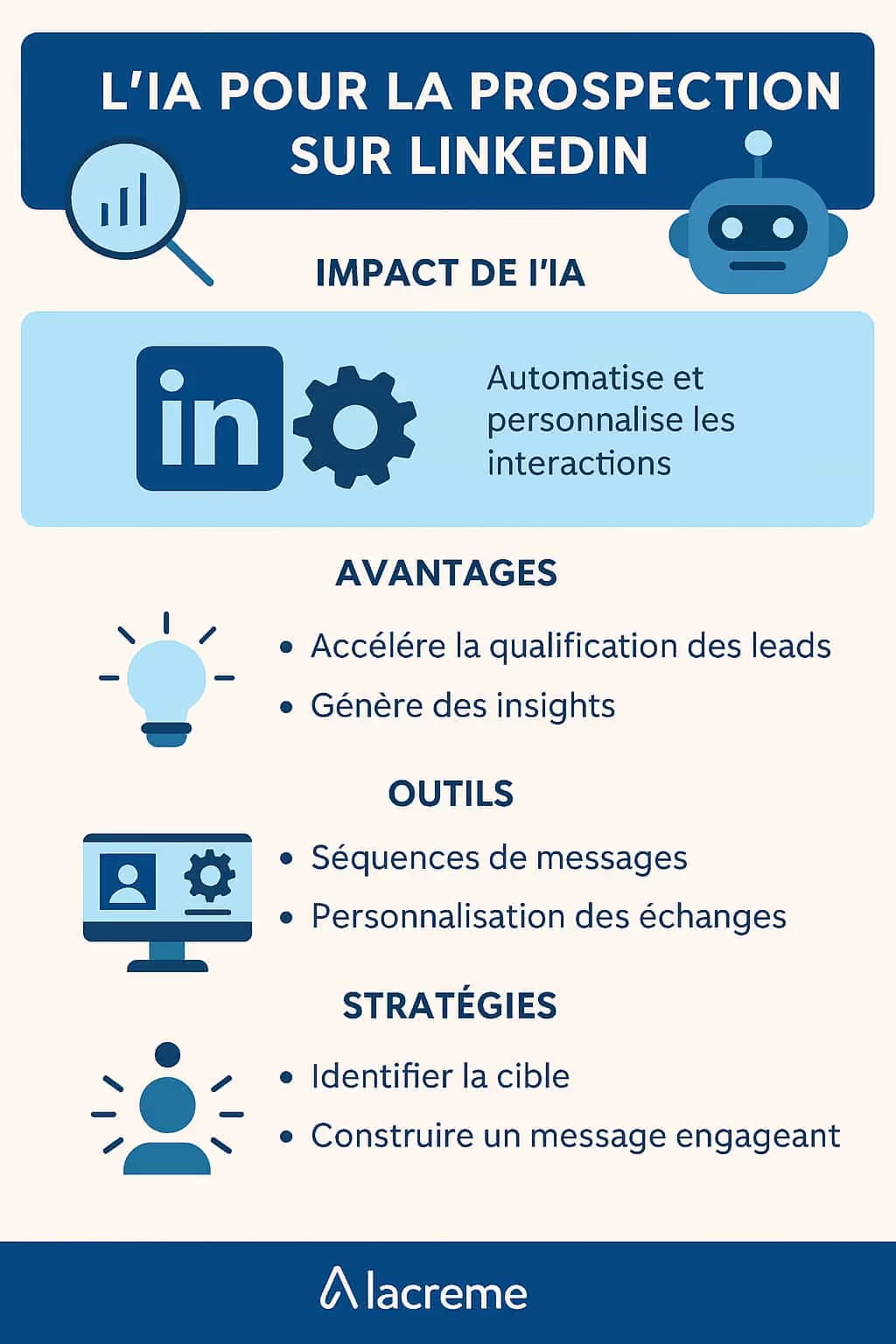Artificial intelligence (AI) is radically transforming many industries, and the materials sector is no exception. This guide will dive deeper into how AI is bringing sustainable innovations and practices to the heart of material sourcing, and how to choose the best supplier in the digital age.
The Fundamentals of Artificial Intelligence in the Materials Sector
Definition and role of AI in material selection
Artificial intelligence refers to computer systems capable of performing tasks that normally require human intelligence. In the materials industry, AI helps identify complex patterns in data, optimize supply chains, and to innovate in the creation of new materials that are more efficient and more ecological.
The Impact of AI on Sustainable Material Supply
Optimizing procurement through AI
With AI, the material suppliers can more accurately predict the quantities needed and the optimal times to buy them, reducing surpluses and waste. Artificial intelligence algorithms can analyze complex data sets to identify the best suppliers, the most competitive prices, and the most efficient materials.
Evaluation of the ecological footprint by algorithms
It can also assess the environmental impact of materials by analysing their complete life cycle. AI makes it possible to design scenarios to reduce the carbon footprint, for example by selecting recyclable materials or by optimizing production processes to consume less energy.
How AI is empowering innovation among material suppliers
AI in the design and development of new materials
Material suppliers are using AI to create novel compounds with specific properties. Of artificial intelligence tools can simulate and test millions of material combinations to find the most effective formulations without the need to test each combination in the lab, saving time and resources.
Digital twins for optimized production
Digital twin technology, supported by AI, creates virtual models of production processes in order to analyze and improve them in real time. This makes it possible to adapt production to variations in demand and to plan maintenance before a malfunction occurs.
Case Study: Artificial Intelligence and the Supply Chain
Machine learning for demand prediction and inventory management
For example, companies like BASF are using AI to adjust their production to market trends in real time. Machine Learning, a branch of AI, makes it possible to dynamically and accurately model future demand for materials, integrating factors such as economic conditions, consumer trends and even weather forecast.
Choosing a Material Supplier in the Age of AI
The essential criteria for effective collaboration
It is essential to choose a supplier that can demonstrate its expertise in AI. Look for partners who have invested in AI research and development and who can provide concrete data on how they are using this technology to improve their services and products.
Questions to ask before making a commitment
Before engaging, it is advisable to ask specific questions about the use of AI in the supplier value chain. Ask what type of artificial intelligence is used, how the data confidentiality is guaranteed, and what are the performance measures. The adoption of artificial intelligence by material suppliers represents an exciting revolution that makes it possible to meet the challenges of sustainable development while boosting innovation. By wisely choosing a partner equipped for the digital age, companies can ensure that they not only obtain quality materials but also a sustainable competitive advantage.






